Engaging High School Students
SONG Telescope
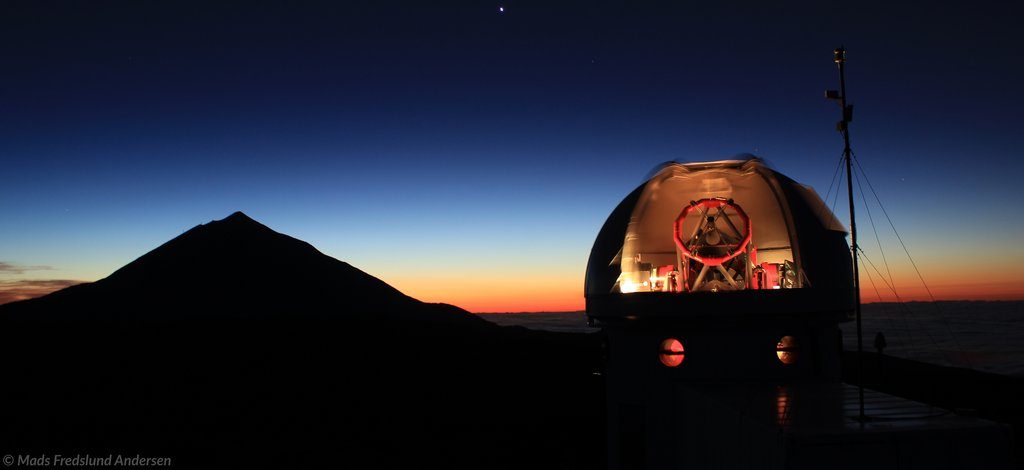
Researchers from the DNRF’s Stellar Astrophysics Centre (SAC) invite high school students to visit the SONG telescope on Tenerife, Spain, through organized school trips.
Girls Day in Science
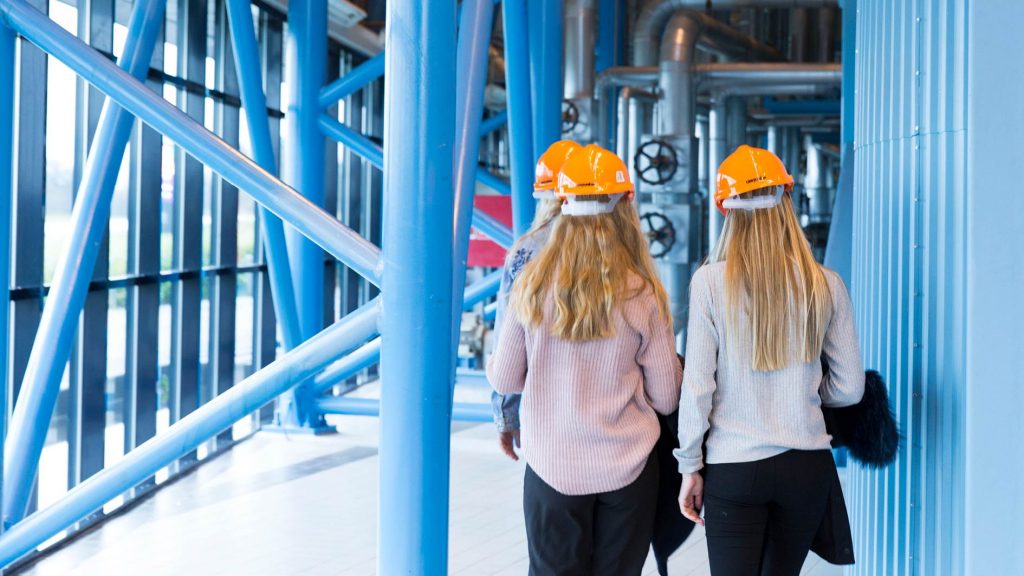
In 2018, the DNRF’s Center for Hyperpolarization in Magnetic Resonance (HYPERMAG) at the Technical University of Denmark opened its doors for school kids and high school students on the occasion of the national campaign Girls’ Day in Science. Here, companies, research centers and technical high schools across the country invite girls to carry out different tasks within the technical work environment. The girls meet female employees and students who tell them about their career paths and educational choices in the field of natural science.
OpticsCamp
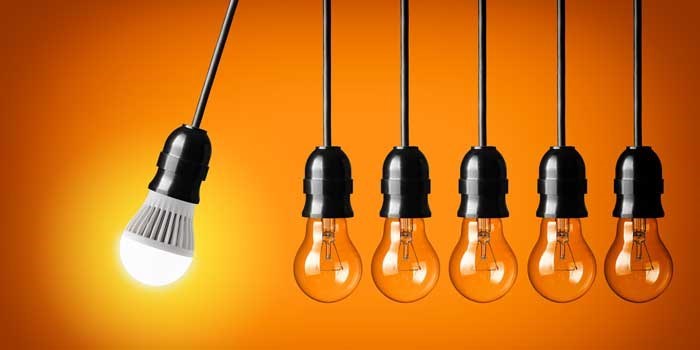
At the annual summer school “OpticsCamp,” the Center of Excellence SPOC and other researchers from the Technical University of Denmark Photonics welcome high school students and teachers to a four-day science camp to explore the world of optics and photonics. Through a variety of projects, the students work together with some of the best researchers within their respective field.
For more information about OpticsCamp click here (in Danish)
REAL SCIENCE
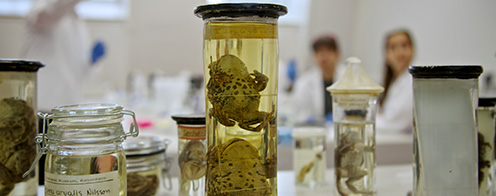
With REAL SCIENCE, the Center for Macroecology, Evolution and Climate (CMEC), which had a DNRF grant from 2009/2010 to 2019, brought high school students close to the life of a researcher and gave them access to the “machine room” of their research work. Here, the students were part of the process of developing scientific methods as well as collecting and analyzing data and samples used in CMEC’s research. REAL SCIENCE was a Citizen Science project by CMEC with the purpose of tearing down the wall between young students and the world of research.
DNA & Life
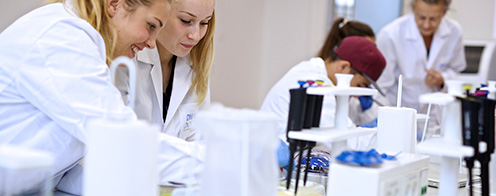
The Center for GeoGenetics, which had a DNRF grant from 2009/2010 to 2019, and the Natural History Museum of Denmark conducted an educational program and Citizen Science project called DNA & Life, where high school students selected freshwater animals in Denmark by analyzing environmental DNA (or eDNA) collected in fresh water. DNA & Life is based on one of the newest DNA methods for examining biodiversity. At the DNA lab, the students were given the opportunity to learn about subjects such as molecular biology, bioinformatics, biodiversity, and ecology.
Ice Frontiers
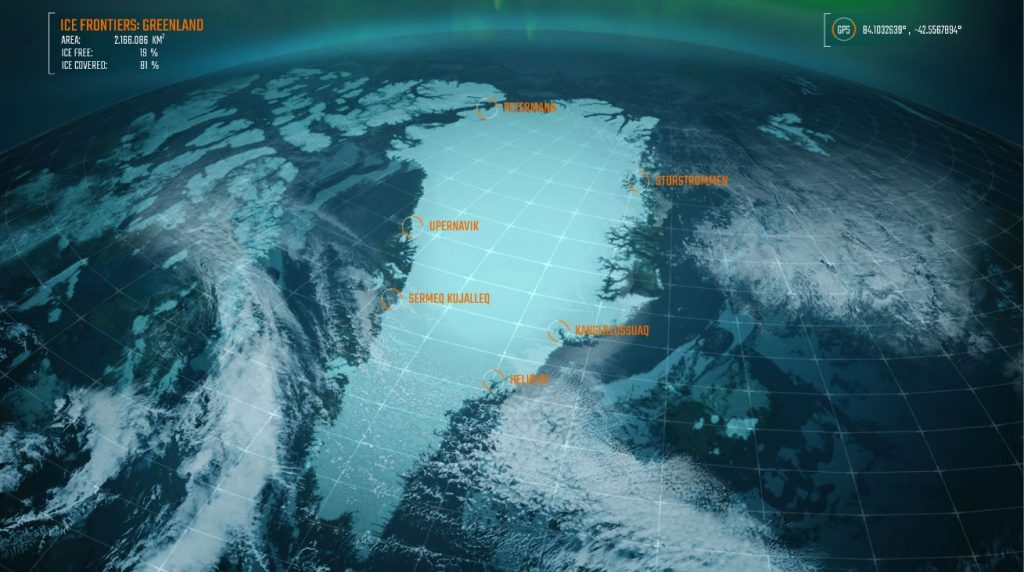
Researchers at the Center for GeoGenetics, which had a DNRF grant from 2009/2010 to 2019, launched an online educational program called Ice Frontiers, where high school students can use the same methods as the researchers to compare historical aerial photos of Greenland and its melting glaciers and ice with modern satellite photos.
ULAB (Ungdomslaboratoriet)
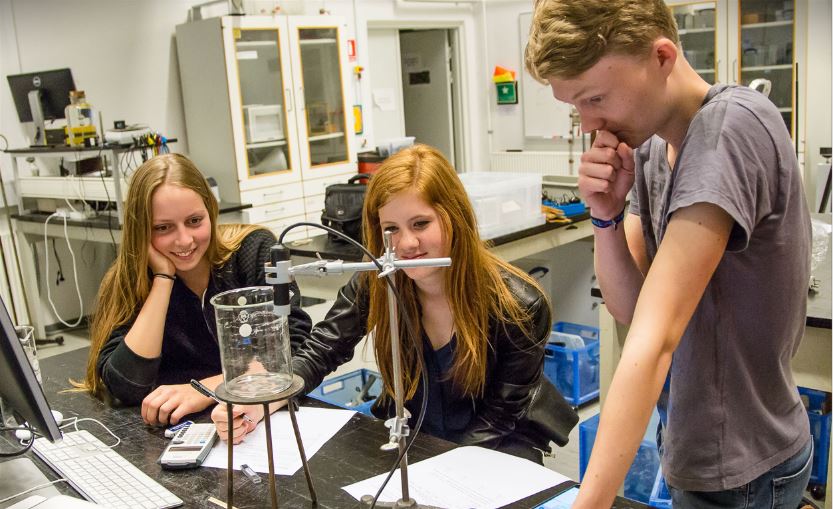
University students and researchers from the Discovery Center (DISCOVERY) at the Niels Bohr Institute, which had a DNRF grant from 2009/2010 to 2019, were part of the team at ULAB (Ungdomslaboratoriet), where high school students visited the laboratory. Here, the students were invited to participate in the ULAB experience, whereby they could conduct a wide range of experiments that are different from the ones used in schools. In addition to the ULAB experience, staff members at the Niels Bohr Institute also offered a tour of the historical buildings, including an exciting visit to Niels Bohr’s office. The mission is to spark interest in physics in a fun and unconventional setting.
